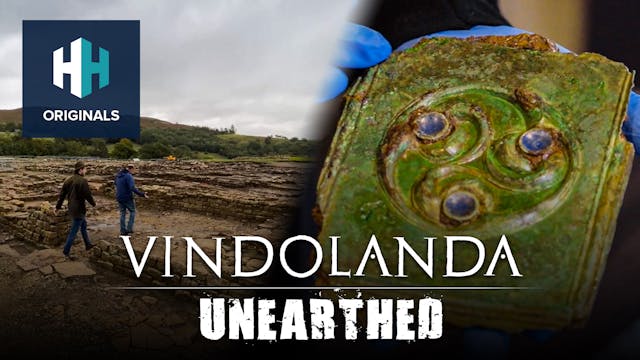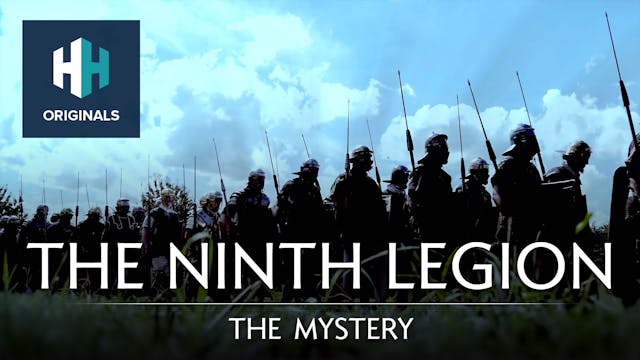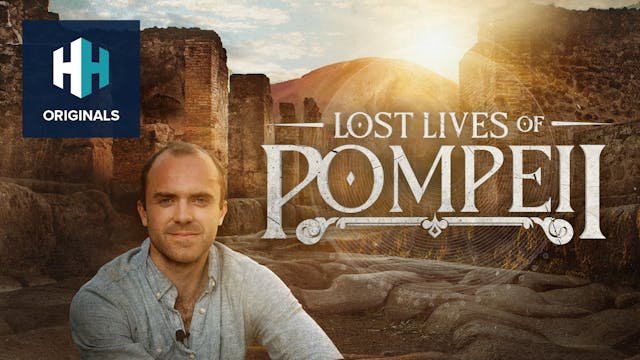In 60 AD, the fledgling Roman town of Colchester witnessed ancient Armageddon. Thousands of British warriors descended on the settlement, turning what was then the capital of Roman Britain to ash. At the head of these attackers was one of the most well-known figures in British history - the warrior woman Boudica. Her bloody assault on Colchester marked one of the first gruesome events of her revolt against the Romans.
For a long time, the Roman historian Tacitus was our main source for Boudica’s great burning of Colchester. But no longer. Beneath the ground level of the modern city, archaeologists have uncovered actual physical evidence of the burning. From a visible ash layer in the soil, to a great wealth of artefacts that have revealed more about the sheer brutality of Boudica’s onslaught and the tragic tales of innocent victims caught up in the carnage.
Tristan Hughes visits Colchester to investigate this incredible archaeology and to see whether it supports the surviving Roman account for Boudica’s bloody sacking of this settlement almost 2,000 years ago.
Up Next in All Roads Lead to Rome
-
Vindolanda Unearthed
Situated roughly one mile south of Hadrian’s Wall is one of the great jewels of Roman and early medieval archaeology: Vindolanda. Over the past 50 years, annual excavations at this site have revealed incredible amounts of new information. Information that has not only shone more light on the site...
-
The Ninth Legion: The Mystery
In the second and final episode of this series, Tristan Hughes explores the numerous theories regarding the eventual fate of the Ninth Legion. Was it lost on the northern frontier of Britain, by the Rhine, or massacred in the East? Featuring Dr Miles Russell, Dr Rebecca Jones, Dr Simon Elliott, L...
-
Greatest Discoveries: Lost Lives of P...
The story of Pompeii’s destruction is renowned across the world. In 79 AD, this prosperous Roman town was destroyed by a massive, volcanic eruption. Pompeii became frozen in time, only to be rediscovered c.1500 years later.
Warning: contains very strong language and sexual content.
Vesuvius’ er...




28 Comments